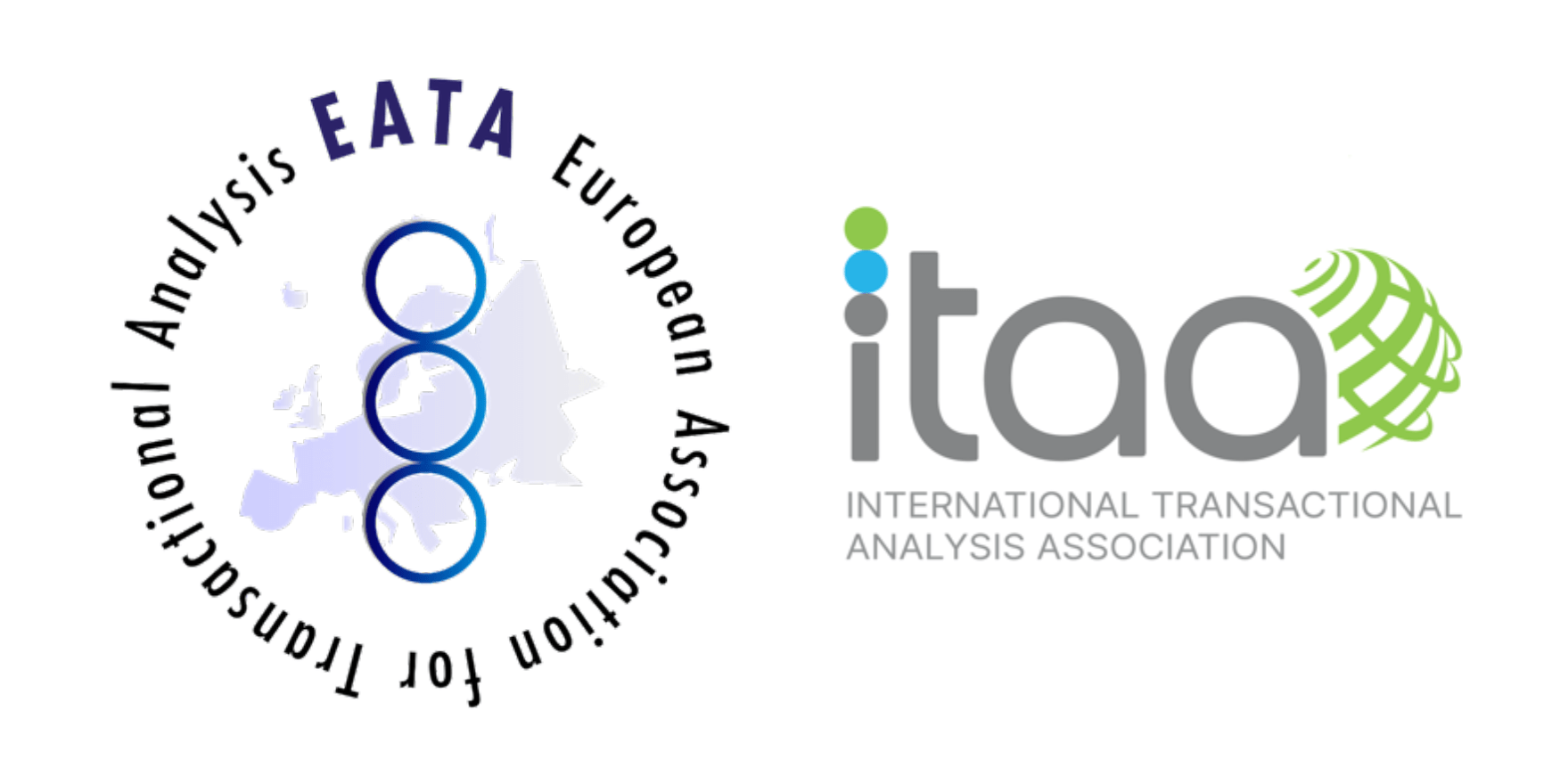TA Training and Certification
Complete the Official TA 101
Complete Advanced TA Training
Become a Certified Transactional Analyst (CTA)
Become a Teaching and/or Supervising Transactional Analyst (TTA/STA/TSTA)
Training & Certification in TA
People who wish to become a Certified Transactional Analyst (CTA), can be certified in any of four fields: the counselling, educational, organizational or psychotherapy field. You can become a CTA in your chosen field through a thorough process of training, which usually takes at least 4 years.
Our Professional Standards Committee (PSC) sets and maintains exceptionally high standards for TA certification. Our International Board of Certification (IBOC) provides the internationally recognized exams and certificates. A certification from IBOC is highly respected throughout the international community.
Once achieving CTA status, you can move towards certification as a Teaching and/or Supervising Transactional Analyst (TTA/STA/TSTA).
Click on the tabs below to find out more about your journey in TA Training.
The TA 101 course is the official introduction to transactional analysis, its history, and key concepts. To begin TA training, you need to have satisfactorily completed a TA 101 course. (See Handbook Section 4 for complete course description.) The TA 101 Certificate will be awarded to you upon successful completion – a necessary requirement to enter a contract of training for CTA. You can participate in a TA 101 course provided by any P/TSTA or TA 101 instructor available all over the world and online. Find out where you can take the TA 101 course HERE.
After completing the TA 101 course, you are now eligible to enter into an advanced TA training course. It is important to ensure that you engage in a field that is applicable to your area of professional work. There are 4 fields of specialisation – the Counselling, Education, Organisation and Psychotherapy fields. Every country has its own laws and regulations that need to be taken into account if one wants to work with TA or become a certified TA practitioner.
Should a TA trainee decide to take the international exam in order to become a Certified Transactional Analyst (CTA), then they sign a contract with a principal supervisor and with IBOC, at least one year before the date they want to take the oral exam. A CTA contract is valid for 5 years. A trainee is eligible to take the oral exam after they have fulfilled the minimum requirement of 2,000 hours.
For details of the breakdown of hours see Handbook Section 7.
The CTA exam consists of a Written Exam and an Oral Exam. One can only take the oral exam once the written exam has been successfully completed. For all details on CTA exams see the IBOC Handbook, sections 7, 8 and 9 and discuss your plan and wishes with your principal supervisor.
The first step to become a CTA (Certified Transactional Analyst) in your field of transactional analysis specialization is to satisfactorily complete a written examination followed by an oral examination.
The written exam is a case study that describes a piece of work using TA in your chosen field. It can be up to 24,000 words and also includes a professional self-portrayal and discussion of personal learning in training. It should reflect the candidate’s main area of work and be typical of their professional application of TA.
Having passed the written exam, candidates then are eligible to take the oral exam. The oral exam involves presenting your work in TA, using recordings of work with individuals and groups. Oral exams take place several times each year online and in person (see the Exam Calendar).
When you are a CTA and wish to become a certified Teaching and Supervising Transactional Analyst (TSTA), the first step is to be endorsed as a Provisional Teaching and Supervising Transactional Analyst (PTSTA). You will need to apply for a Training Endorsement Workshop (TEW), not less than one year after qualifying as a CTA.
The TEW is an educational, evaluative and prescriptive process designed to prepare and endorse Certified Transactional Analysts as TA trainers and supervisors. The TEW is conducted by a staff of TSTAs. The TEW is a rigorous workshop focused on evaluative learning with feedback.
Once you have been endorsed in a TEW, you become a Provisional Teaching and Supervising Transactional Analyst (PTSTA) and can sign a contract to work towards becoming a Teaching and Supervising Transactional Analyst (TSTA). This contract needs to be signed within 1 year of the TEW. The contract is valid for 7 years.
During this training period, you as a PTSTA can teach and supervise under the supervision of a certified TSTA. At the end of the training period, you take an oral examination before an international board of examiners. If you pass the exam, you are a then a TSTA. Some candidates may wish to qualify only in teaching (TTA) or supervising (STA). Becoming certified as a trainer and/or supervisor can take up to 5-7 years, depending on time devoted. A TSTA contract may be extended just one time, provided that there is no time gap between the first and the second contract.
Professional Standards Committee (PSC)
Responsible for setting training and supervision standards for all levels of professional membership in association with IBOC.
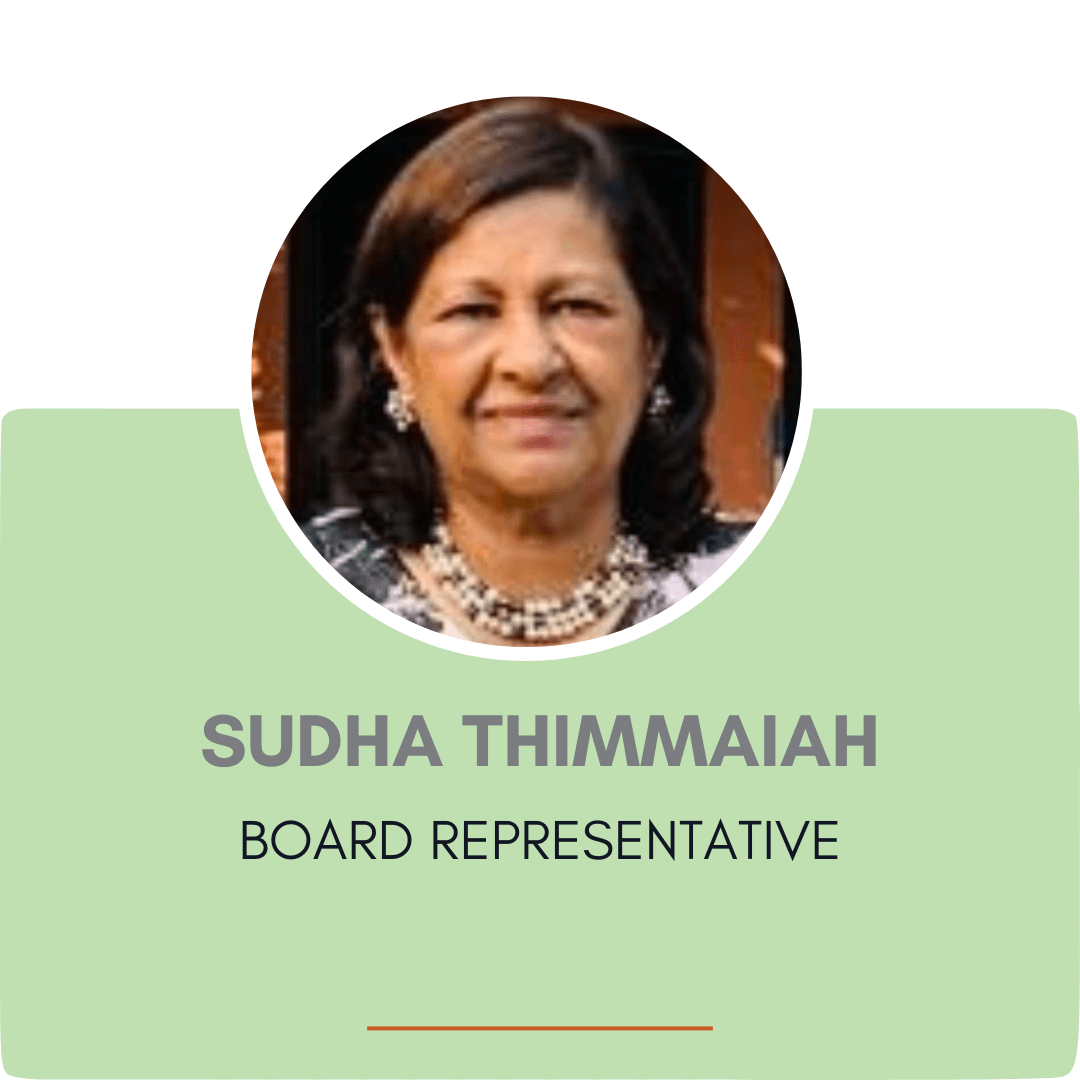
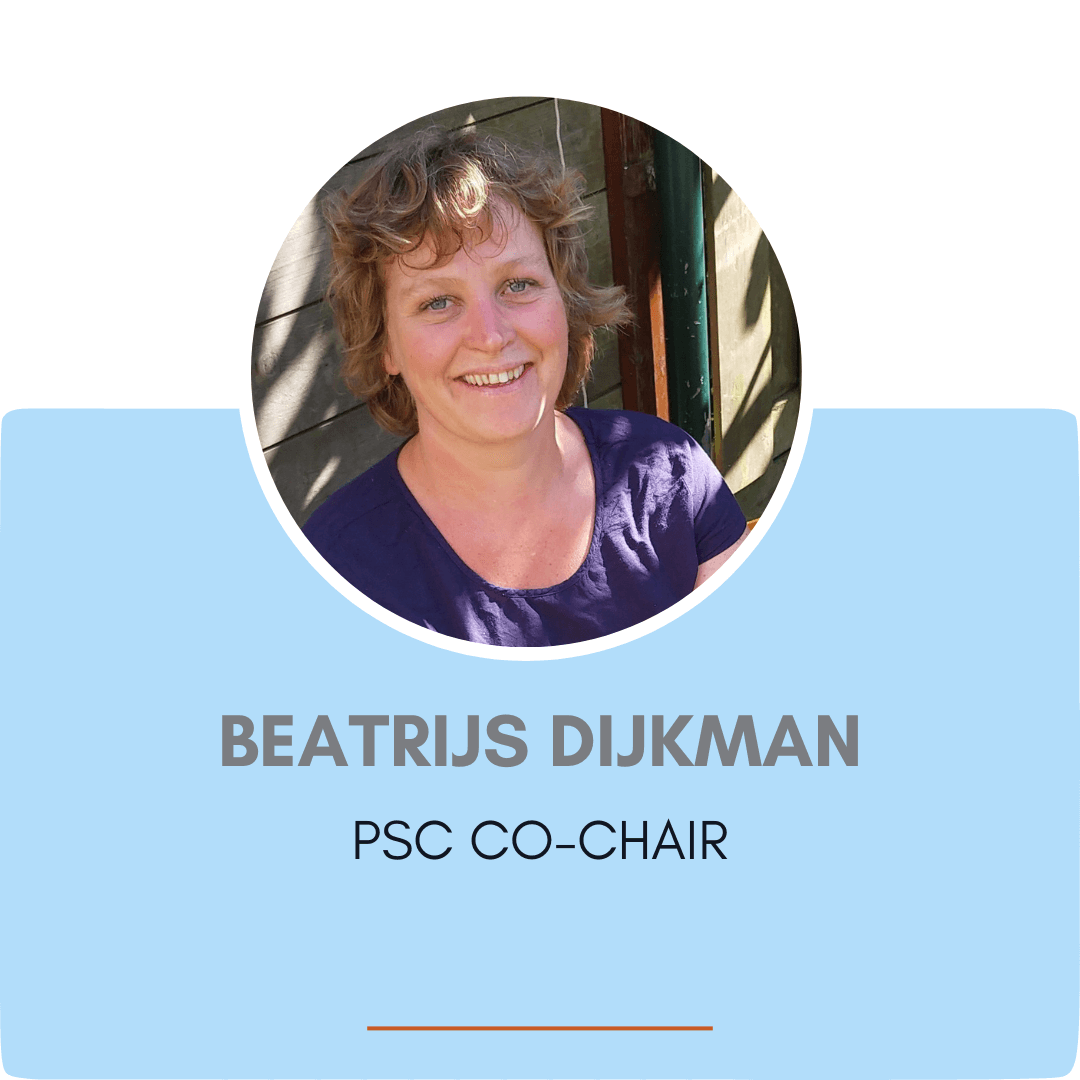

The Professional Standards Committee:
- Works in association with the IBOC (International Board of Certification) and sets standards for training and supervision for all levels of professional membership.
- Sets the Code of Ethics for transactional analysts.
- Establishes professional member nomenclature.
- Makes recommendations about requirements to the Board of Certification.
- Monitors the ongoing professional development needs of professional members.
- Sets standards and publishes guidelines for professional behavior, presentation, and advertisement, including the use of the ITAA logo and Service Mark.
- Oversees and reviews professional practices.
- Receives and assesses complaints regarding matters concerning professional practices.
- Intervenes or mediates disputes in order to resolve complaints, and shall make recommendations to the Board of Trustees or the Ethics Committee if necessary.
Please address all inquiries regarding training standards, the ITAA Code of ethics, and the Professional Practices Guidelines to psc_co-chair1@itaaworld.com and psc_co-chair2@itaaworld.com
Click below for previous issues of PSC Newsletters.
International Board of Certification (IBOC)
Works with the Professional Standards Committee to set standards for International Board of Certification.

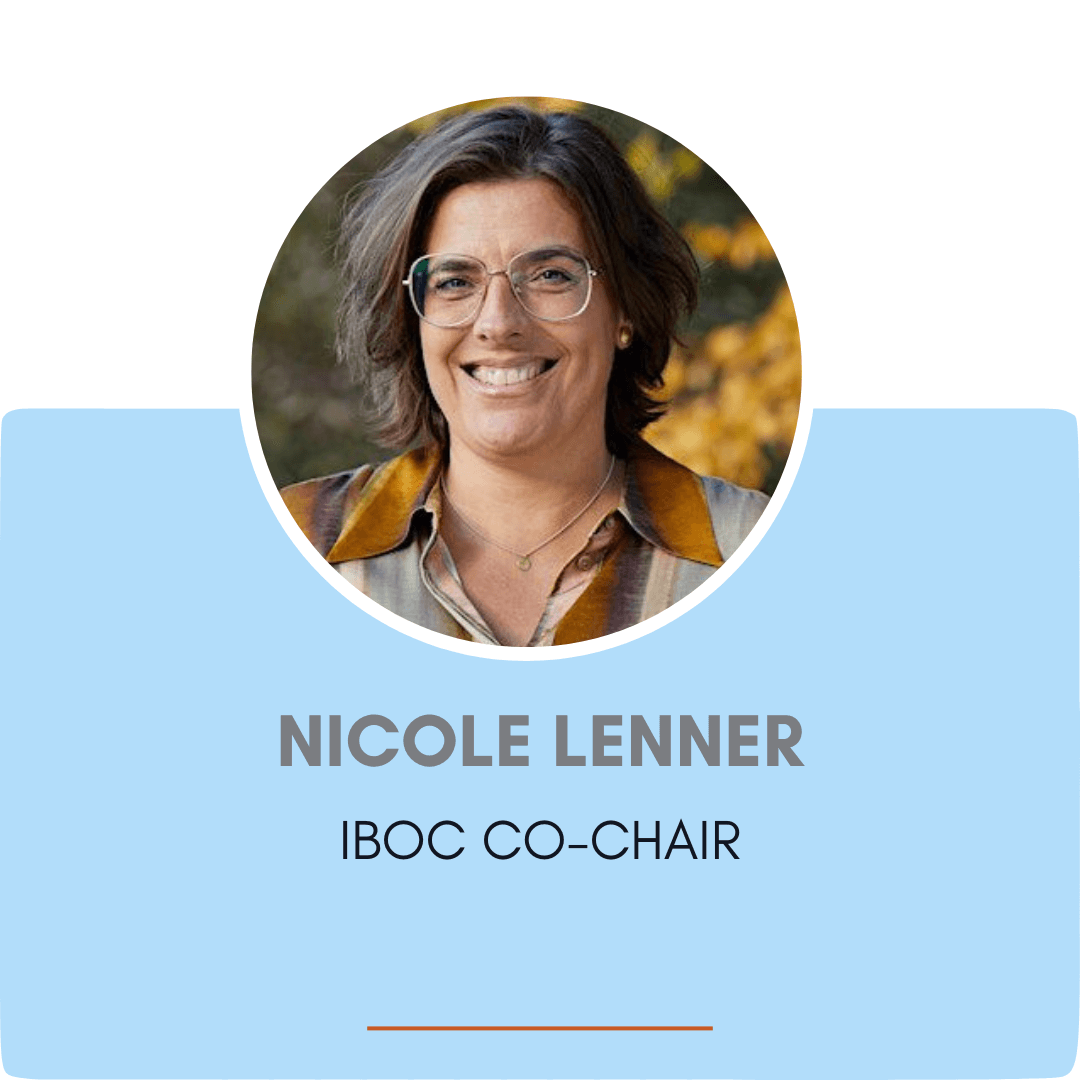
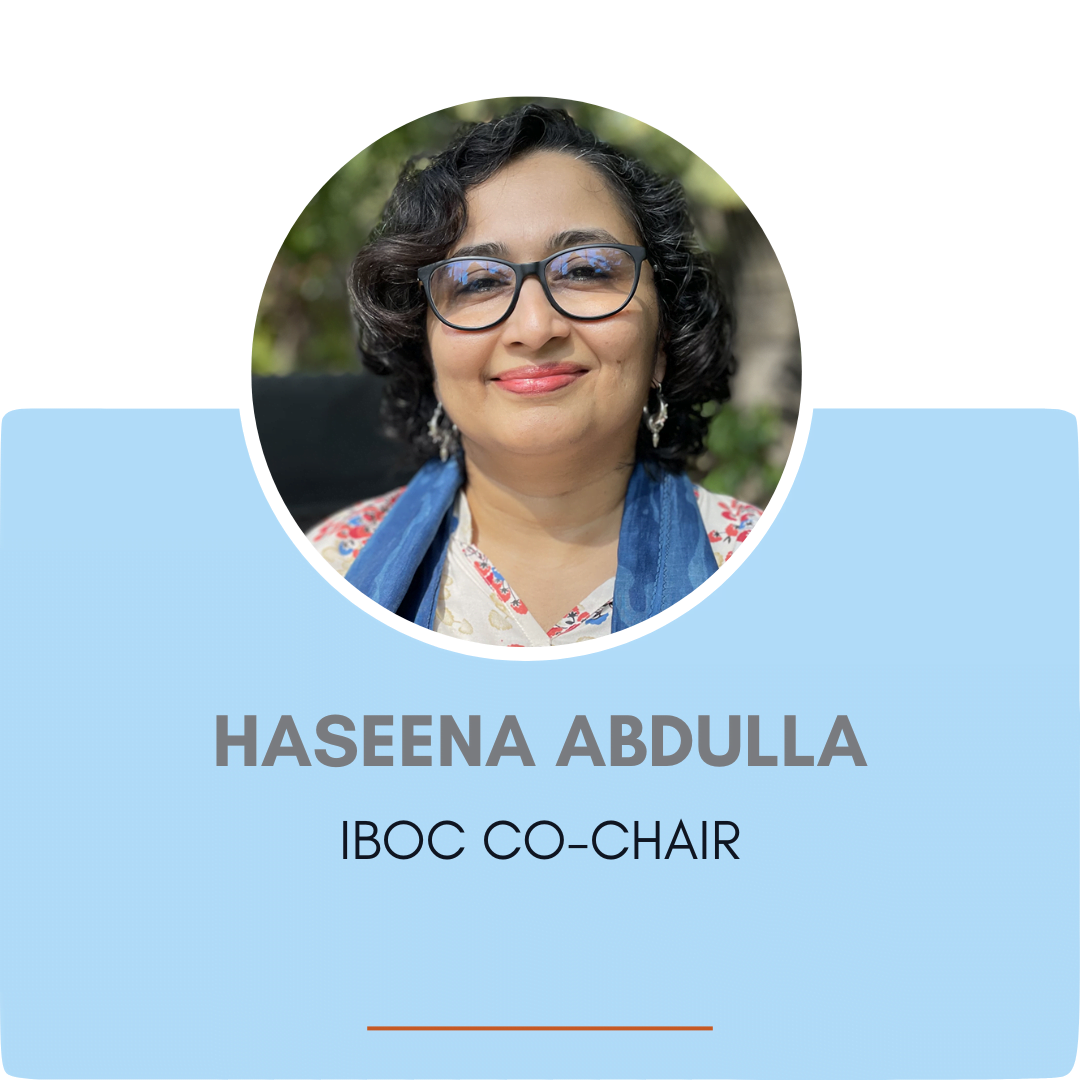
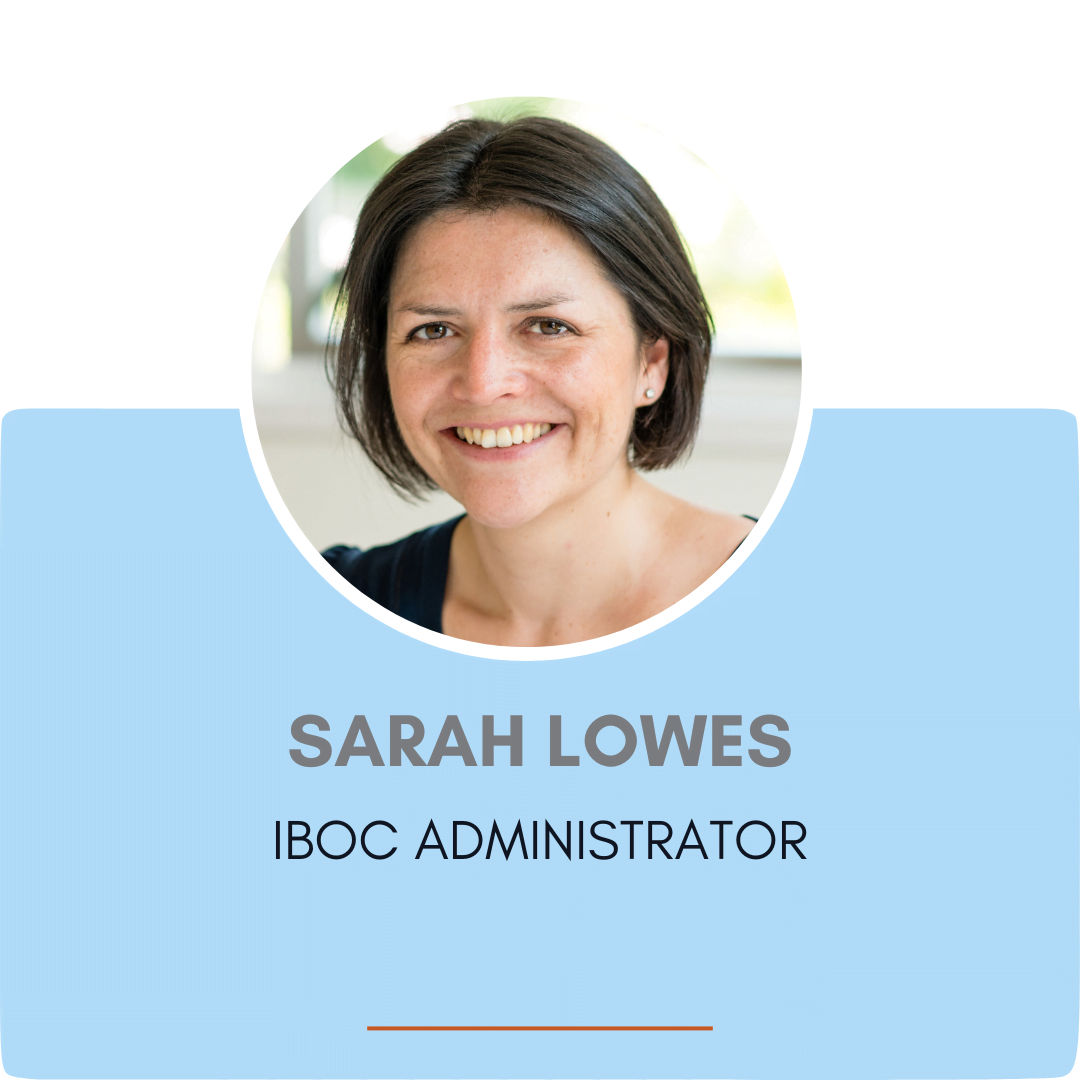
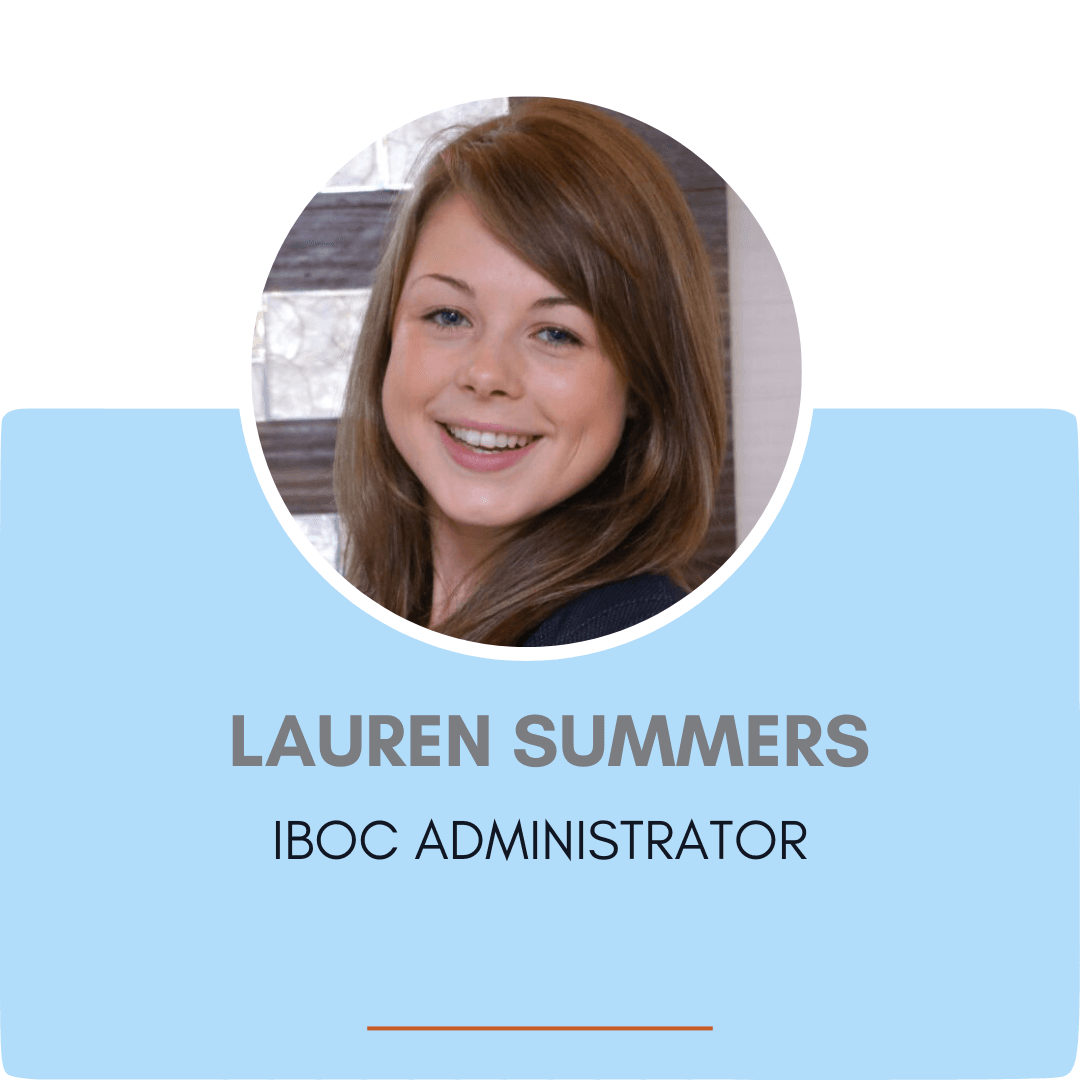
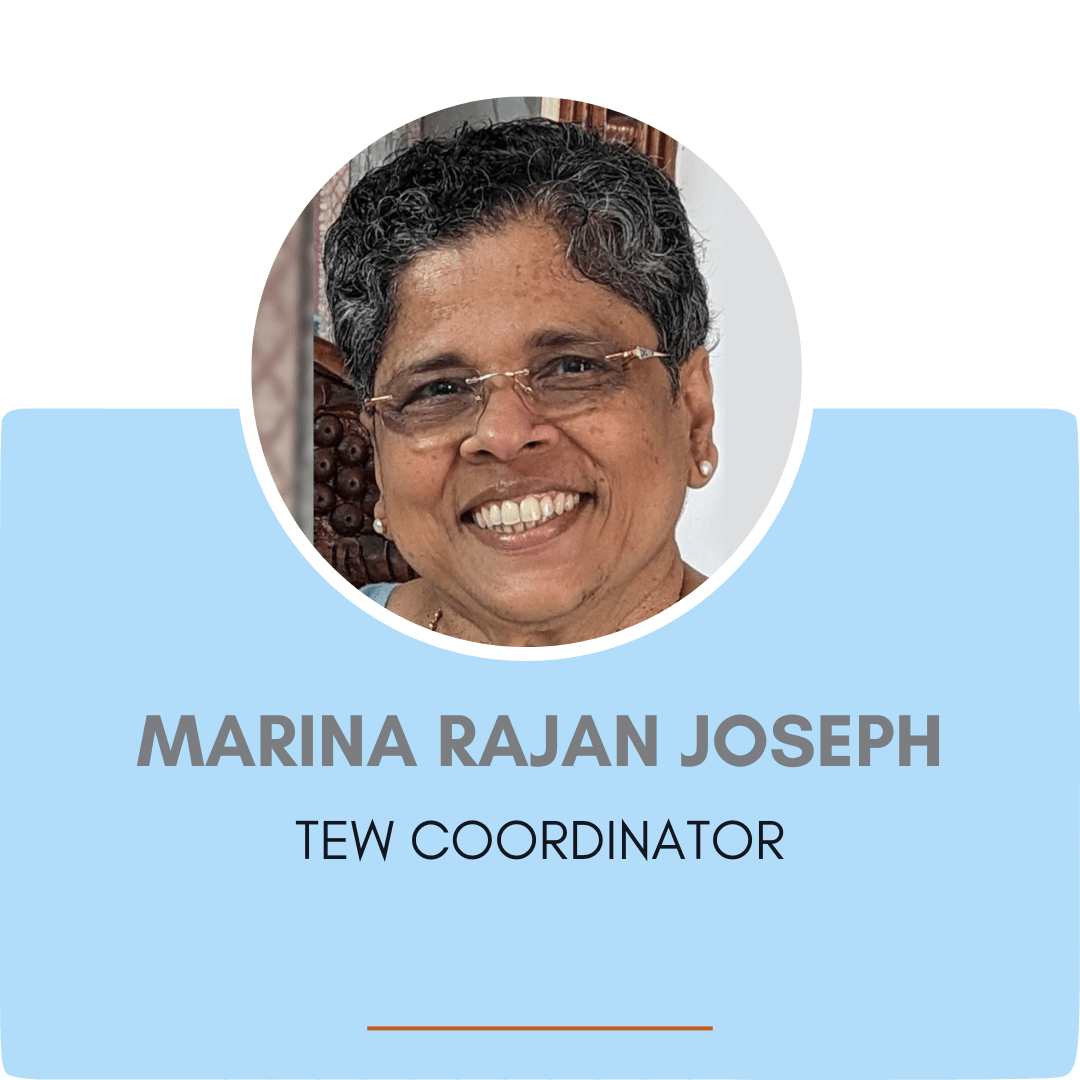
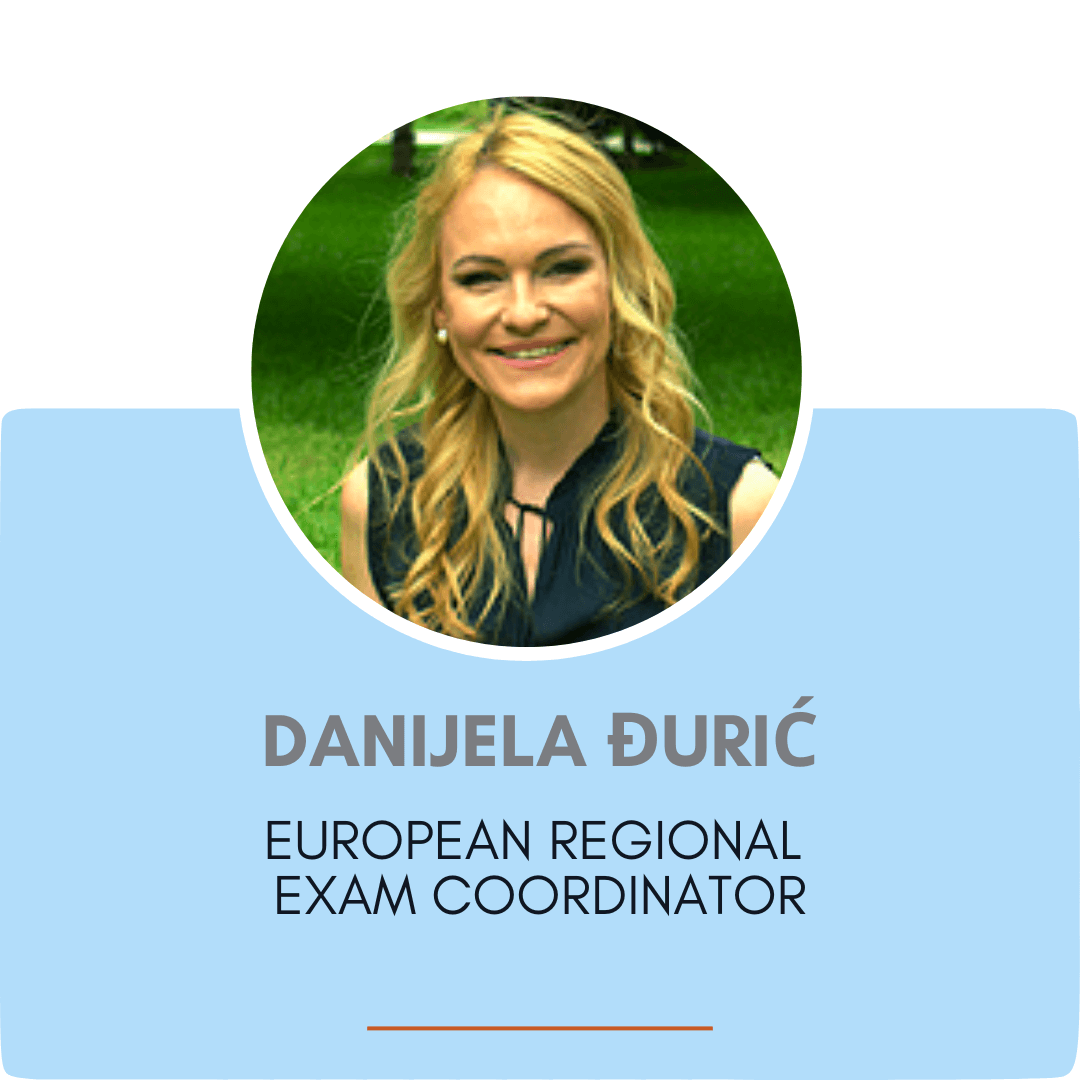
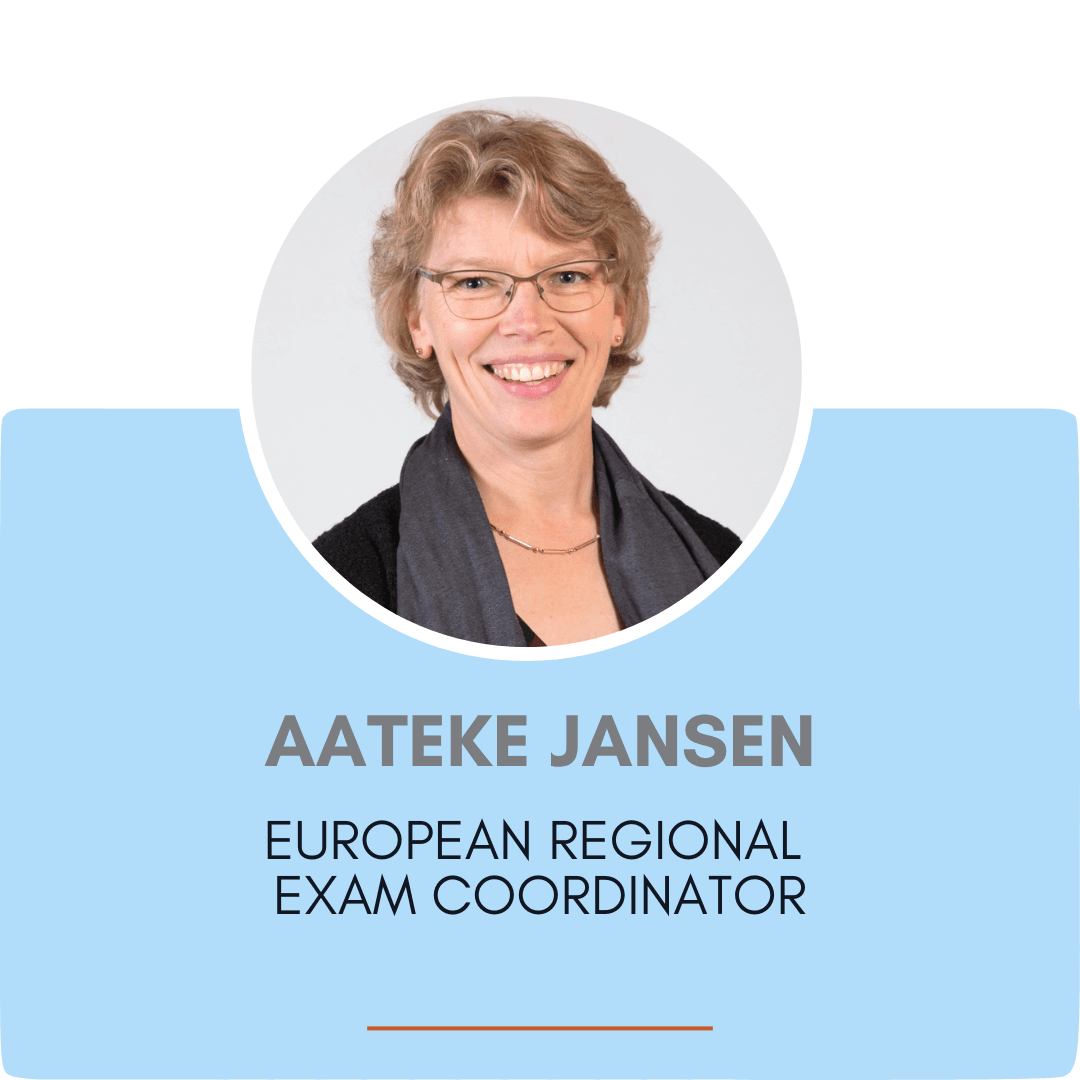

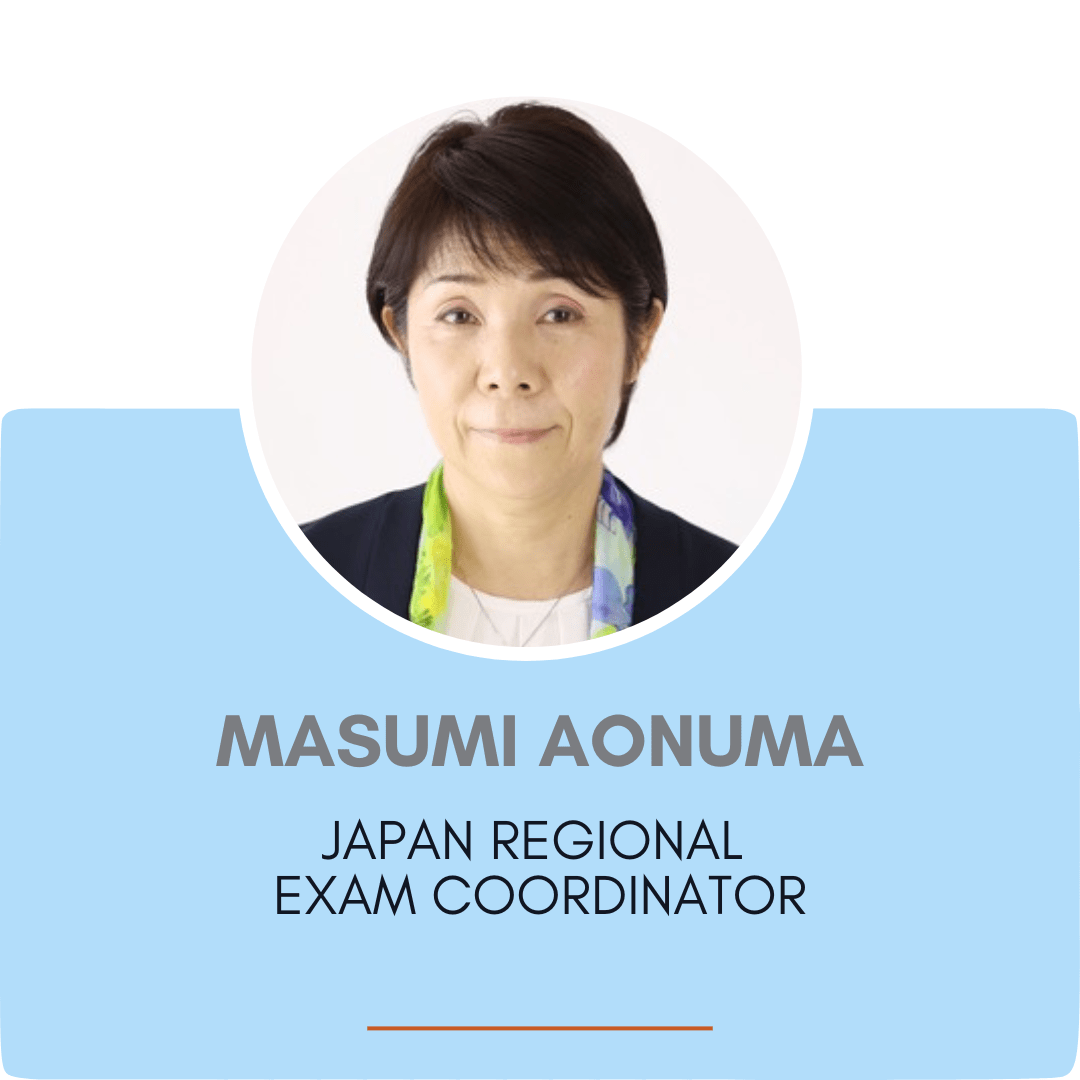
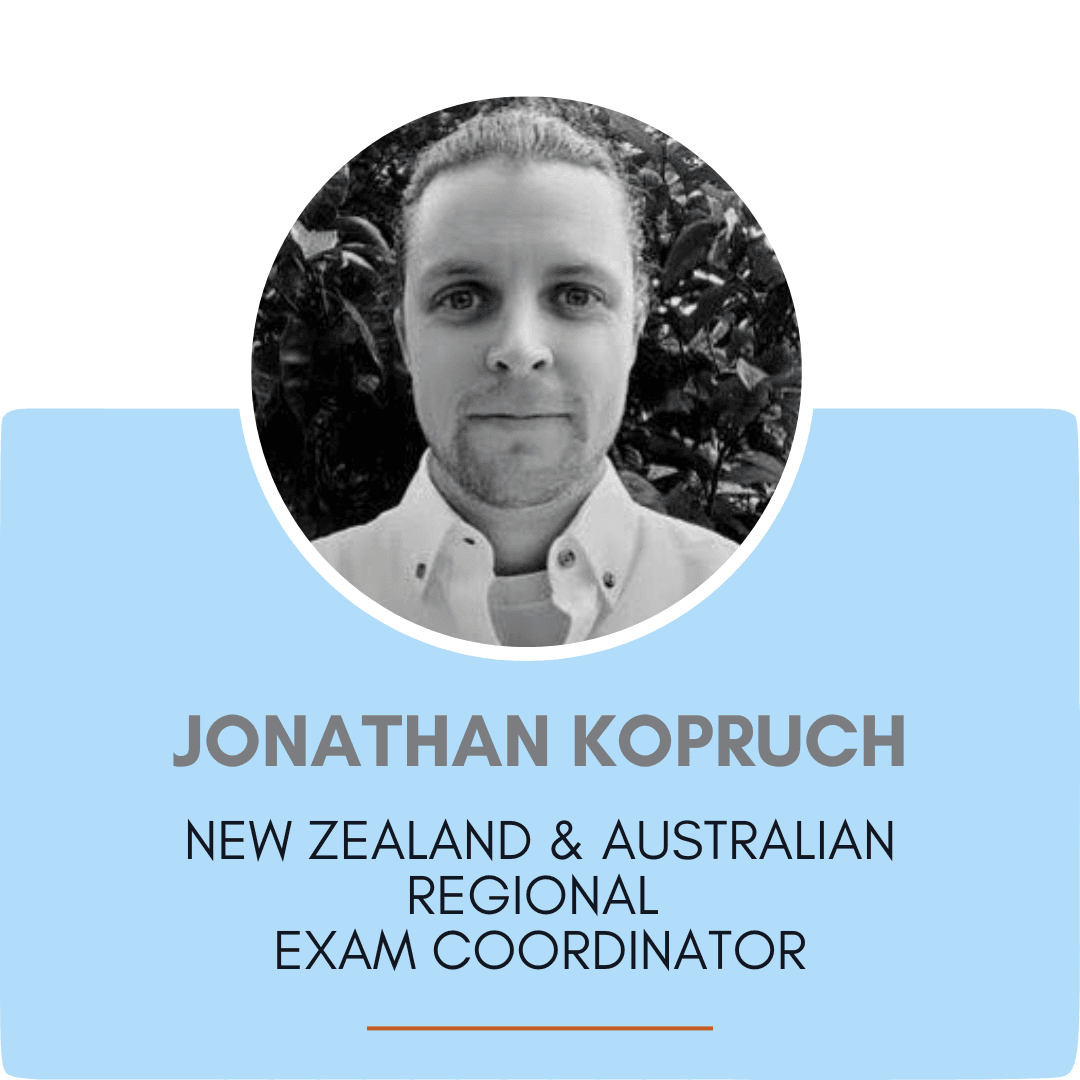
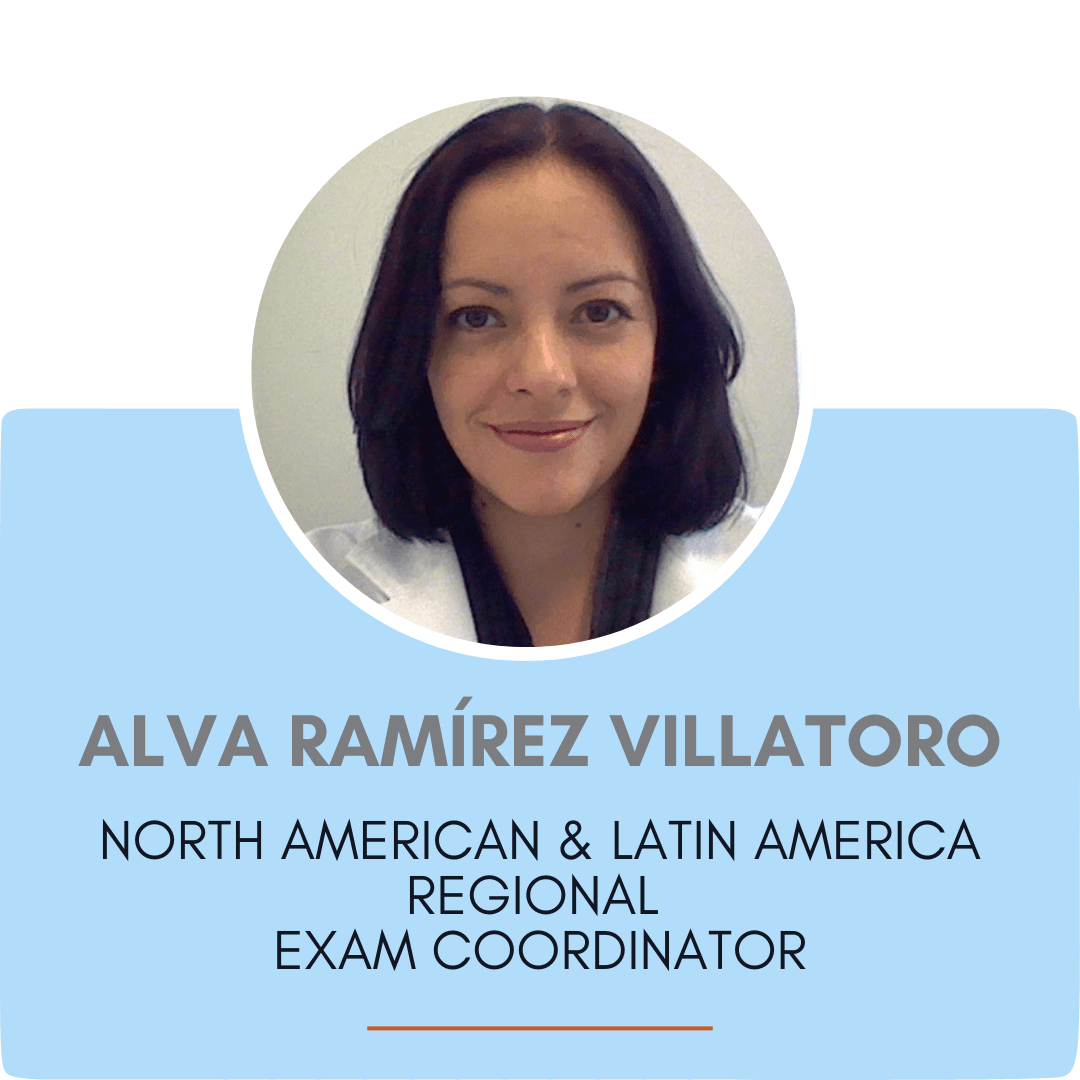
The IBOC committee:
- Works in association with the PSC (Professional Standards Commitee) to set standards for training and supervision for all levels of professional membership and requirements for certification from time to time.
- Manages training contracts for all levels of professional certification (CTA, TSTA etc.) as per the requirements set by the ITAA from time to time, including exceptions and expansions concerning those contracts.
- Organises Training Endorsement Workshops (TEWs).
- Administers written and oral exams as per the standards set by the ITAA.
- Decides dates and location of exams for all levels of certification.
- Supervises TSTA and CTA oral exams and monitors exam process.
- Certifies successful candidates.
- Provides information regarding dates and location of exams and the certification of transactional analysts.
- Agrees exam sites and monitors exam process.
Please address all inquiries regarding training contracts, Training Endorsement Workshops (TEWs), and exams to: iboc_admin@itaaworld.com.
Ethics Committee
Responsible for providing a structure for confrontation, a fair hearing, and, if necessary, fair and sound judgment to ensure that members of the ITAA represent and conduct themselves professionally and in line with the ITAA Code of Conduct.
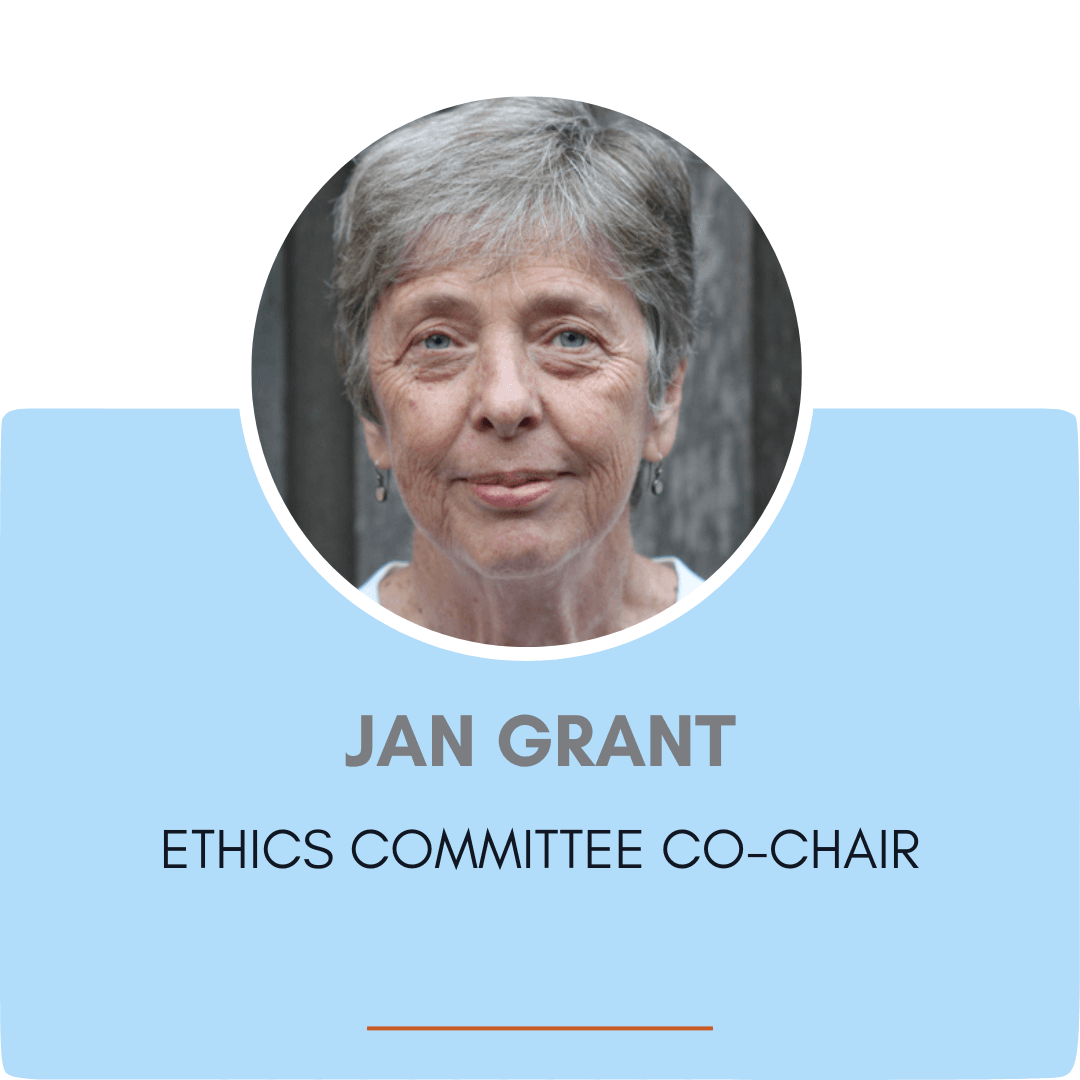
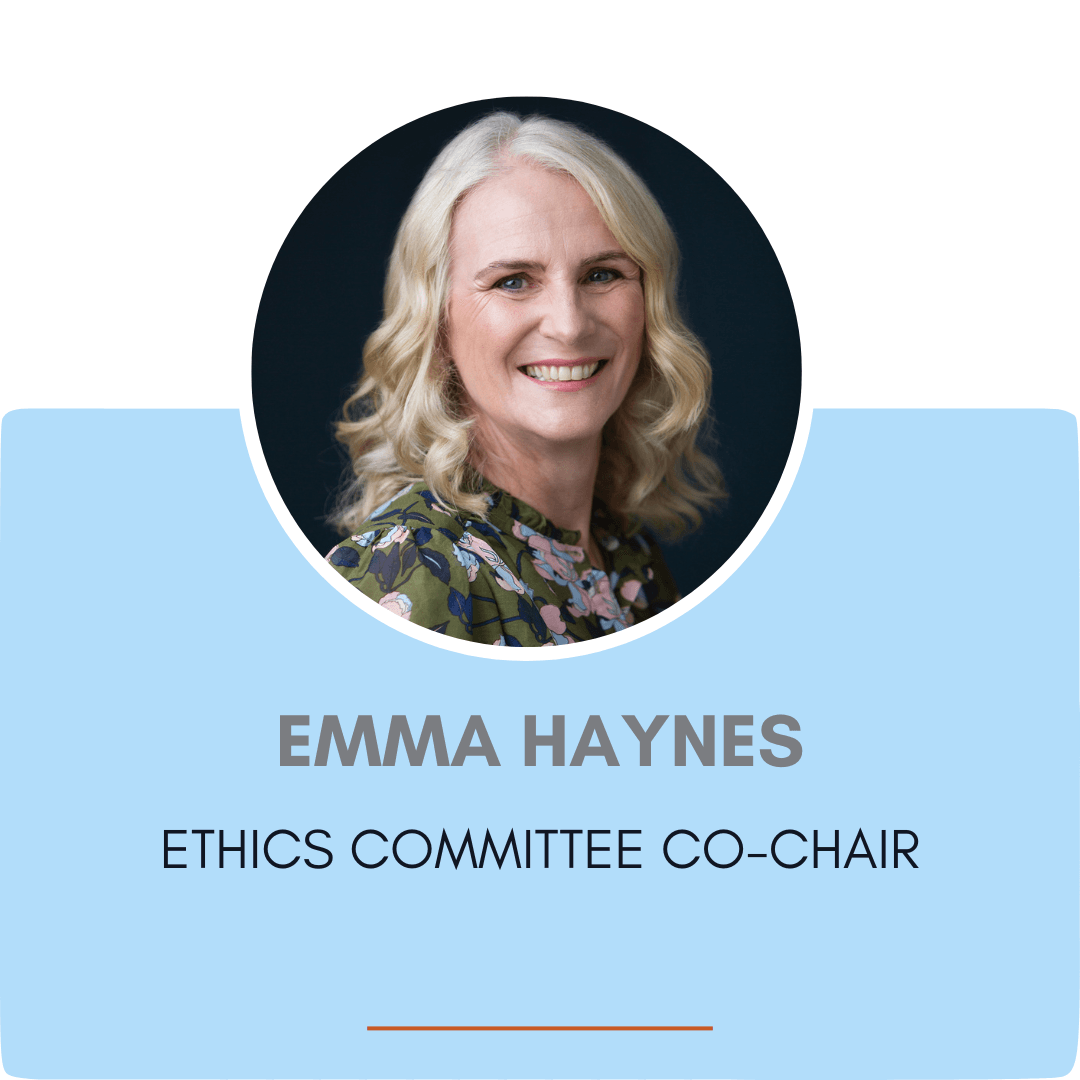
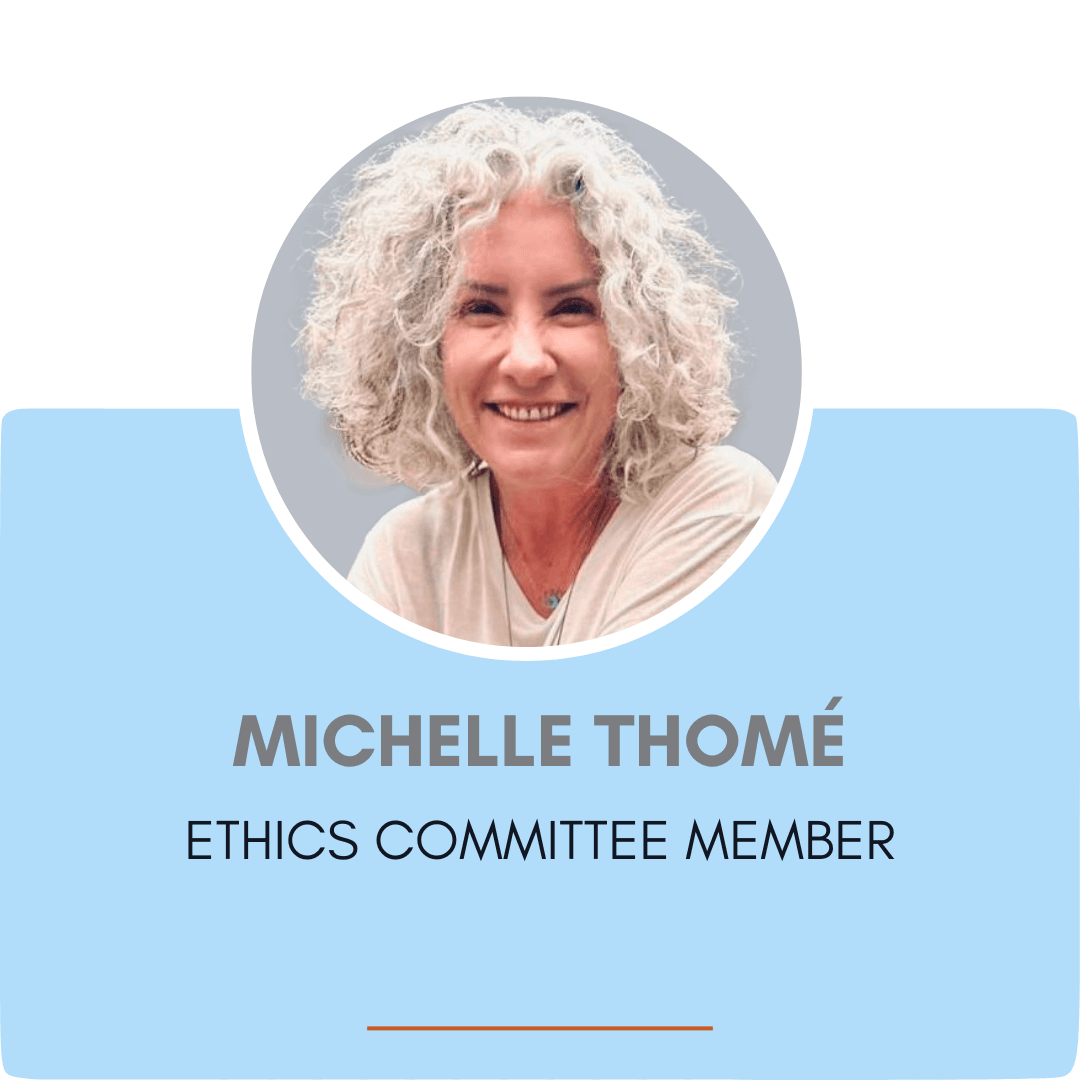
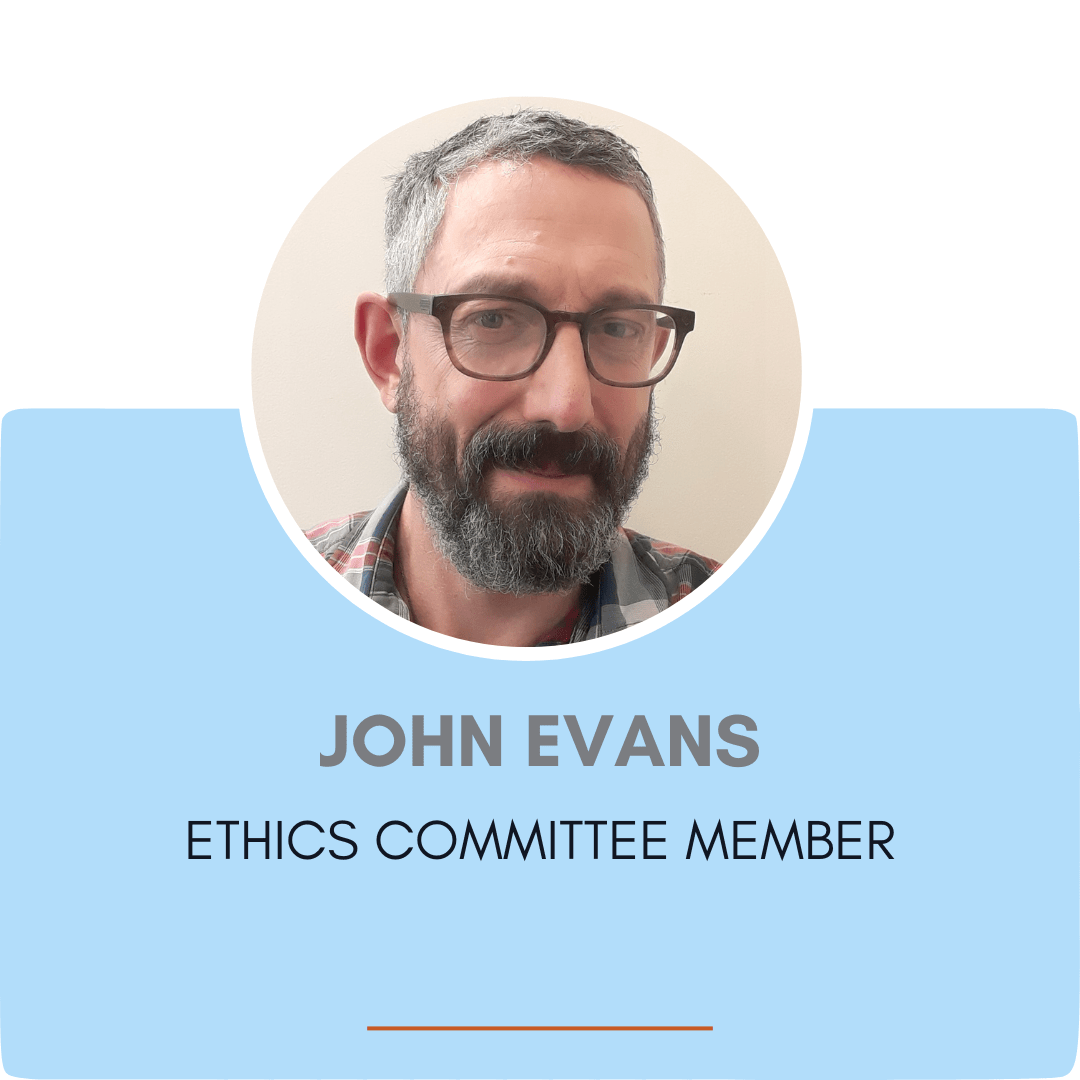
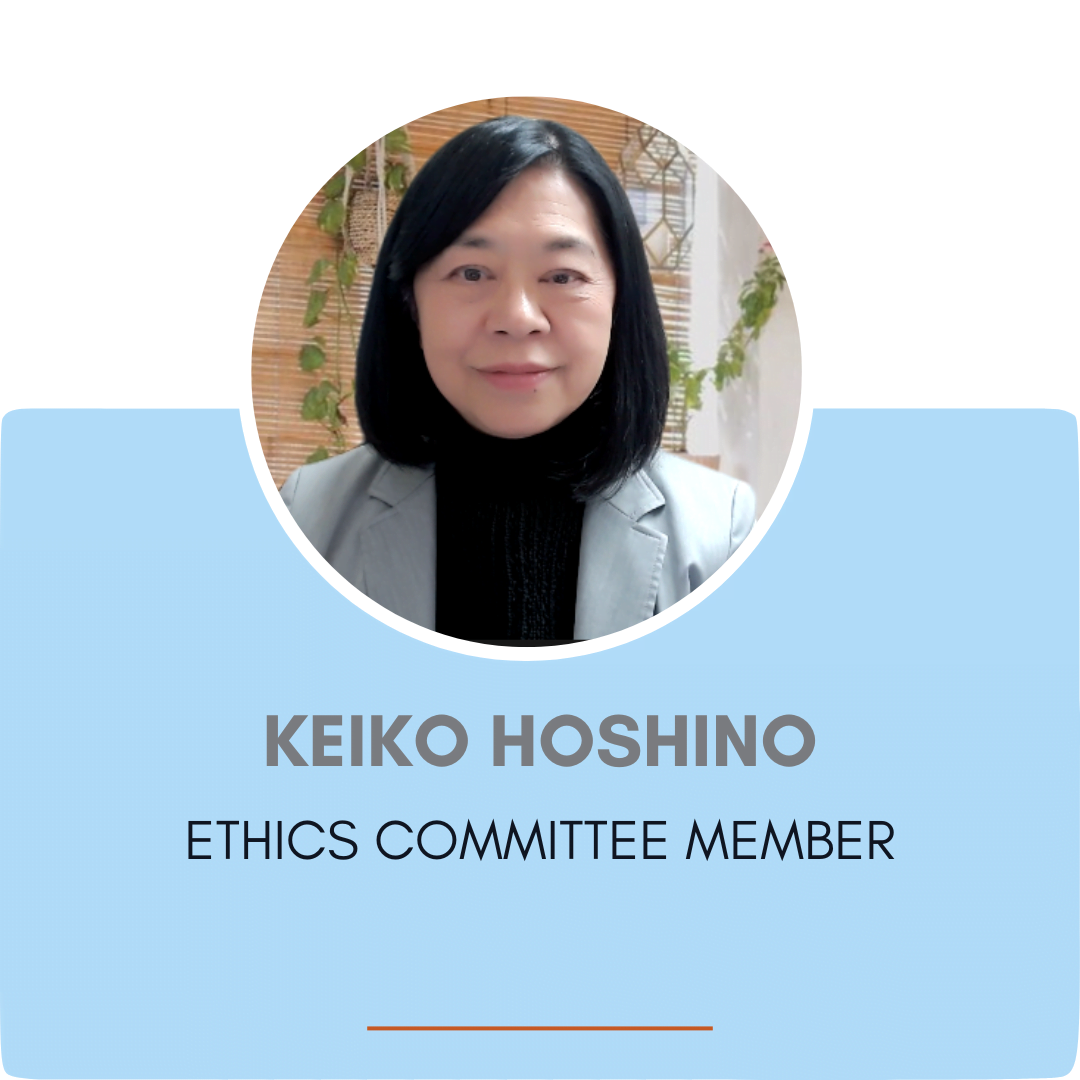
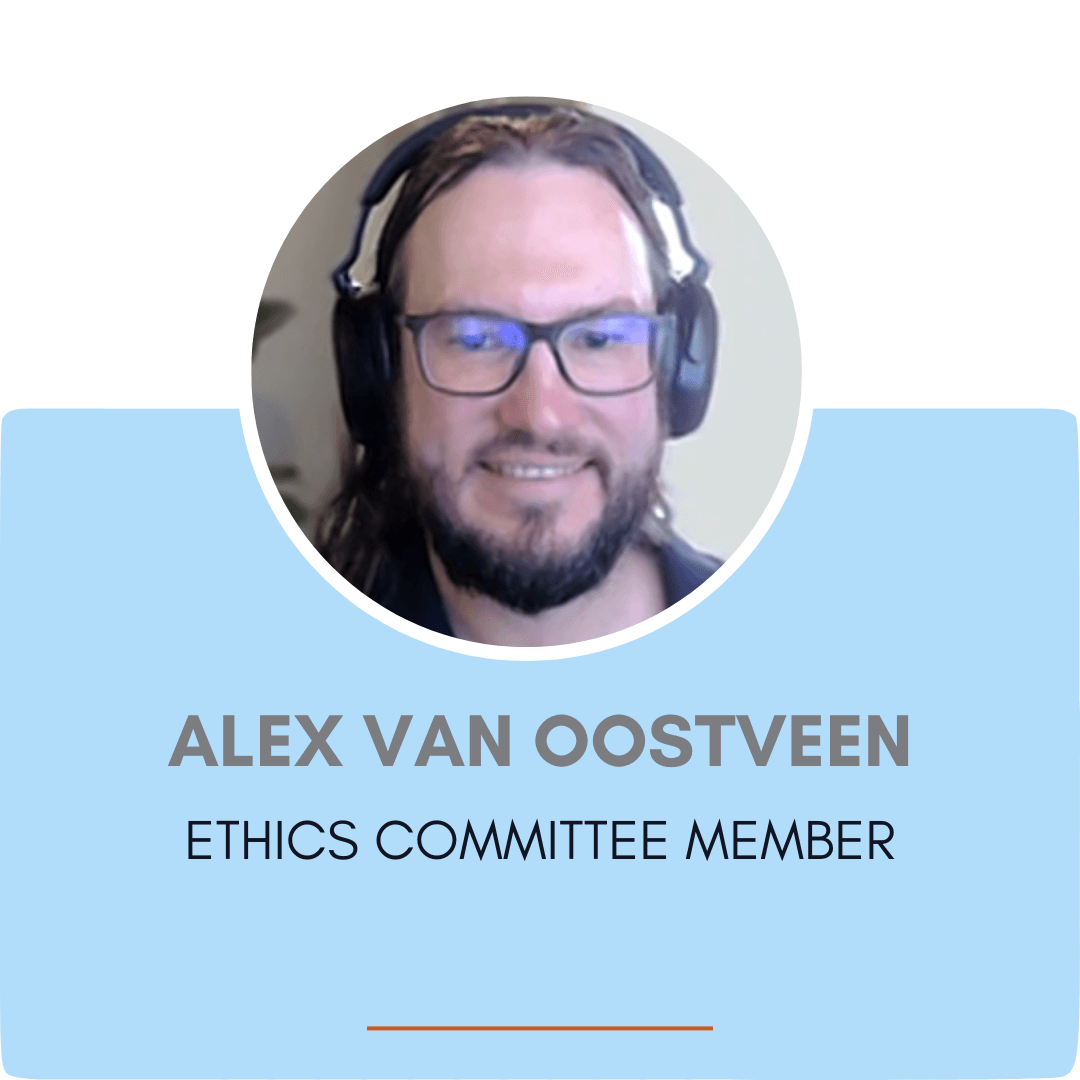

Ethics and Professional Practices:
We recognize that through our certification process, the ITAA establishes a social contract that invites the public to trust that all members of the ITAA acknowledge and adhere to the ethical principles in this document.
We also recognize that members do not always utilize these ethical principles and, therefore, that confrontation of a member is sometimes desirable and/or necessary.
We further recognize that should individual’s behavior show a lack of integration of or consistency with these principles, his/her membership may be suspended by the ITAA until such time as that integration is assured.
- An ITAA member acknowledges the dignity of all humanity regardless of physiological, psychological, sociological, or economic status.
- It is the primary protective responsibility of members of the ITAA to provide their best possible services to the client and to act in such a way as to cause no intentional or deliberate harm to any client.
- Members of the ITAA should strive to develop in their clients awareness of and functioning from a position of dignity, autonomy, and personal responsibility.
- The ethical practice of transactional analysis involves entering into an informed contractual relationship with a client which the member of the ITAA and the client should have the competence and intent to fulfil. When a client is unable or unwilling to function autonomously and responsibly within this contractual relationship, the member of the ITAA must resolve this relationship in such a way as to bring no harm to the client.
- A member of the ITAA will not exploit a client in any manner, including, but not limited to, financial and sexual matters. Sexual relations between an ITAA member and a client are prohibited.
- Members of the ITAA will not enter into or maintain a professional contract where other activities or relationships between an ITAA member and a client might jeopardize the professional contract.
- The professional relationship between a member of the ITAA and the client is defined by the contract, and that professional relationship ends with the termination of the contract. However, certain professional responsibilities continue beyond the termination of the contract. They include, but are not limited to, the following: a) maintenance of agreed-upon confidentiality; b) avoidance of any exploitation of the former relationship; c) provision for any needed follow-up care.
- Members of the ITAA will operate and conduct services to clients with full responsibility to existing laws of the state and/or country in which they reside.
- In establishing a professional relationship, members of the ITAA assume responsibility for providing a suitable environment, including such things as specifying the nature of confidentiality observed, providing for physical safety appropriate to the form of activity involved, and obtaining informed consent for high-risk procedures.
- If members of the ITAA become aware that personal conflicts or medical problems might interfere with their ability to carry out a contractual relationship, they must either terminate the contract in a professionally responsible manner, or insure that the client has the full information needed to make a decision about remaining in the contractual relationship.
- Members of the ITAA shall in their public statements, whether written or verbal, refrain from derogatory statements, inferences and/ or innuendoes that disparage the standing, qualifications, or character of members, bearing in mind their responsibility as representatives of the ITAA and of transactional analysis.
- Members of the ITAA accept responsibility to confront a colleague whom they have reasonable cause to believe is acting in an unethical manner, and, failing resolution, may report that colleague to the appropriate professional body.
We affirm these principles as common to the practice of ITAA members unless a member explicitly states in writing his/her differences from these positions. In such an instance, the client’s attention to any such differences must also be noted in writing as part of their contract setting process.
Please see the current ITAA Code of Ethics and the ITAA Ethics Procedures Manual.
Joint Statement of EATA and ITAA: Mutual Recognition
EATA and ITAA recognise each other’s system of training and certification and will do so respectfully, in the spirit of trust and appreciation for differences in approach. This means that we regard both systems as being equivalent, whilst recognising that they are not the same, nor need to be.
Following the recent TAWCS meeting in June, representatives of both organisations agreed a common position regarding mutual recognition. For many years this has been the cornerstone of our joint approach to training and examination. A common understanding has been that our systems are the same, presented in two handbooks describing an almost identical model, serving members in each organisation.
This statement re-affirms our joint commitment to mutual recognition, whilst taking account of significant developments for both organisations over the past few years. We recognise that changes have been put in place by each association, which has generated the need to re-frame mutual recognition.
By re-asserting our commitment to mutual recognition, we respect the differences of training and exam processes based on the different structure of the two associations and the different personal and professional needs of our members. We take account of the overall common goal which is to fulfil the values and professional standards we share.
The renewal of our alliance as training and certification associations is that our members become increasingly familiar with the differences in our respective systems. Supervisors and trainers are especially encouraged to review and understand the distinctions between the two handbooks in order to properly support supervisees and those engaged in training programmes. Similarly, trainees and candidates are encouraged to take responsibility for the choice of system and how they navigate its requirements, within the context of their practice.
Each association will continue to regularly communicate updates to handbooks through our different bulletins and notices. Furthermore, EATA and ITAA will continue to share their experiences concerning training and exam processes via TAWCS. This will continue to be an increasingly important space for exchange, support and for learning from each other. Whilst decisions regarding changes to association handbooks will remain in the separate domains of the ITAA and EATA, we are committed to on going dialogue in the spirit of mutuality.
In due course we will publish additional notices regarding more detailed guidance including attendance at respective examinations for examiners and candidates, application processes and other matters that we know will be important to the effective operation of both systems. However, the purpose of this statement is to assure members in both associations of our commitment to provide a differentiated and coherent approach to training and certification that has integrity, reciprocity and mutuality at its heart. We are grateful to the support, patience and engagement of our collective memberships and look forward to new developments in our common professional journey.
Chitra Ravi, ITAA President
Sylvia Schachner, EATA President
Sylvia Rossi, Chair EATA PTSC
Sue Eusden, Co-chair IBOC
Giles Barrow, Co-chair PSC
June 29th, 2023
===========

